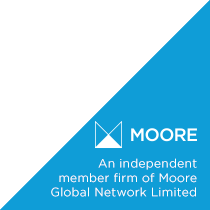Autumn Statement: all eyes on the new Chancellor

Susie Walker
Partner and Head of Tax
21 November 2016
All eyes will be on Philip Hammond this week as he delivers his first major economic statement since taking over from George Osborne earlier this year.
He will update the nation on the government's taxation and spending plans, with the key challenge of striking the delicate balance between public expenditure and managing the deficit.
Against a backdrop of uncertainty, with a looming UK Brexit, a new US President-elect to the White House and a reinvigorated debate on Scottish independence, Hammond is set to set out an “intellectual framework” to bring the economy back to surplus, although not in the timescales previously announced by his predecessor.
In his efforts to restore the Autumn Statement to its original purpose as the lower profile of the two "fiscal events" of the year, we expect major tax changes to be left to the Budget in the spring.
So what do we expect to hear from him on Wednesday?
Corporation tax rates are set to reduce to 17% by April 2020, shelving Osborne’s original plans to cut them to 15%.
We expect to see more help for "just about managing" families who are not sharing in the UK's prosperity including a potential increase in the personal allowance on income tax, additional childcare subsidies, freeze on fuel duty and a reduction in air passenger duty.
Investment in infrastructure to improve the UK’s transport network is likely to be announced, as well as incentives for smaller house builders and penalties for builders who stock pile land banks, and a reduction in VAT has been floated from 20% to 17.5%.
Wednesday’s UK announcements will be closely followed by the Scottish Budget on 15 December 2016 when we will hear the Scottish Government’s response to these changes, when it’s possible that we may see the divergence of income tax rates for Scottish taxpayers for 2017/18.
The Johnston Carmichael team of experts will be listening to the announcements live and explaining what it could mean for businesses across Scotland.
